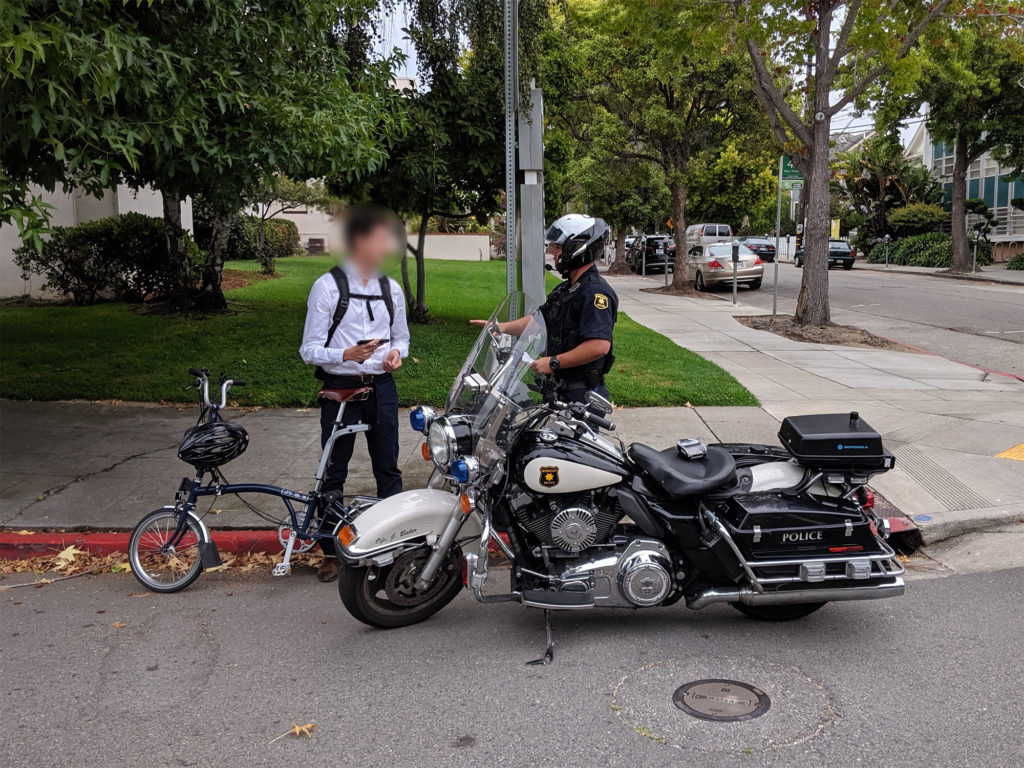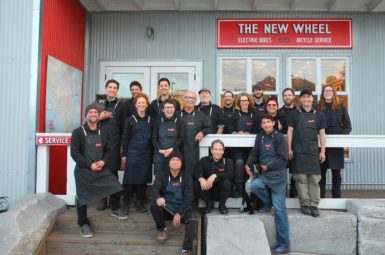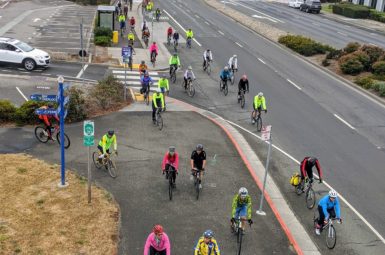Advocacy Could Stop Sign Laws Change For People Who Bike? A New Law in Sacramento Gains Momentum
A recently-introduced bill in the California Legislature is gaining momentum among the state’s bicycle advocacy organizations. If passed, Assembly Bill 122 would allow bicyclists to treat “stop” signs as if they were a “yield,” increasing safety, improving rider comfort, and decreasing the likelihood of bike users receiving costly traffic tickets.
Under current state law, bicycle riders are required to come to a complete and total stop at every stop sign, and can be cited by a law enforcement officer for failing to do so. In Marin and places like it, where arterial streets are not sufficiently safe for most riders, many bikers ride on quiet neighborhood side streets. Sometimes these side streets are even specifically designed as “bike routes” with signage leading riders to their destinations.
However, these side streets often have stop signs on every block, in part to discourage through-travel by drivers. While effective at reducing the number of cars on the street, this imposes the legal requirement that bikers stop at every block. Anyone who has ever ridden a bicycle knows the impracticality of this requirement, and the infrequency with which it is actually carried out. Despite the awkwardness of this law, police in Marin and across the country periodically conduct sting operations, handing out citations for cyclists for technically illegal, but far from dangerous behavior. Such an operation in Berkeley gained coverage in the Chronicle, as police dispensed dozens of $200 tickets to college students for rolling through stop signs on the city’s premiere bike boulevard, resulting in a realignment of city policy.
AB 122 would amend the California Vehicle Code to allow bicycle riders to treat stop signs as if they were a yield. Importantly, this is not a novel experiment. Such a policy has been in existence in Idaho since 1982 (earning it the term “the Idaho Stop”), and has more recently been adopted in Washington, Oregon, Colorado, Arkansas, and Delaware. Evaluations of the policy, now being called the “safety stop,” have found time and time again that it improves bicyclist safety while easing a physical (and legal) barrier to riding. In addition to California, several other states are considering such a change in their vehicle codes.
We want to address several questions that we’ve heard so far:
Does this mean bicyclists can just blow through stop signs?
No. Under the proposed language of the bill, bicycle riders would be required to give right-of-way to any vehicles that had already entered the intersection, or vehicles that had already come to a complete stop and were waiting to proceed. Cyclists would still be expected to exercise due care and caution in navigating the intersection.
How will we keep pedestrians safe?
The law would not change cyclists’ duty to yield to pedestrians, who always have right-of-way at stop signs.
If this passes, will police officers know about it?
MCBC will do outreach to local law enforcement to ensure that they are following the dictates of the existing vehicle code. If you encounter something different from that, please contact us.
Does this apply to other wheeled vehicles (scooters, tricycles, OneWheel, etc)?
The current bill language does not exempt vehicles other than bicycles from the current requirements, but we’ll be watching to see if anything changes.
What can I do to help this pass?
MCBC has given its name to a letter of support signed by more than a dozen other bicycle advocacy organizations across the state, meaning that your membership is helping us to this important work. In addition, you can contact your State Assemblymember here, and urge him to support the bill.

sign-up for advocacy alerts
Please sign-up for advocacy alerts using the form below and we’ll tell you when/how to support our efforts.
members make it happen
We’re working to make Marin more bike-friendly for people of all ages and abilities. Are you with us?



